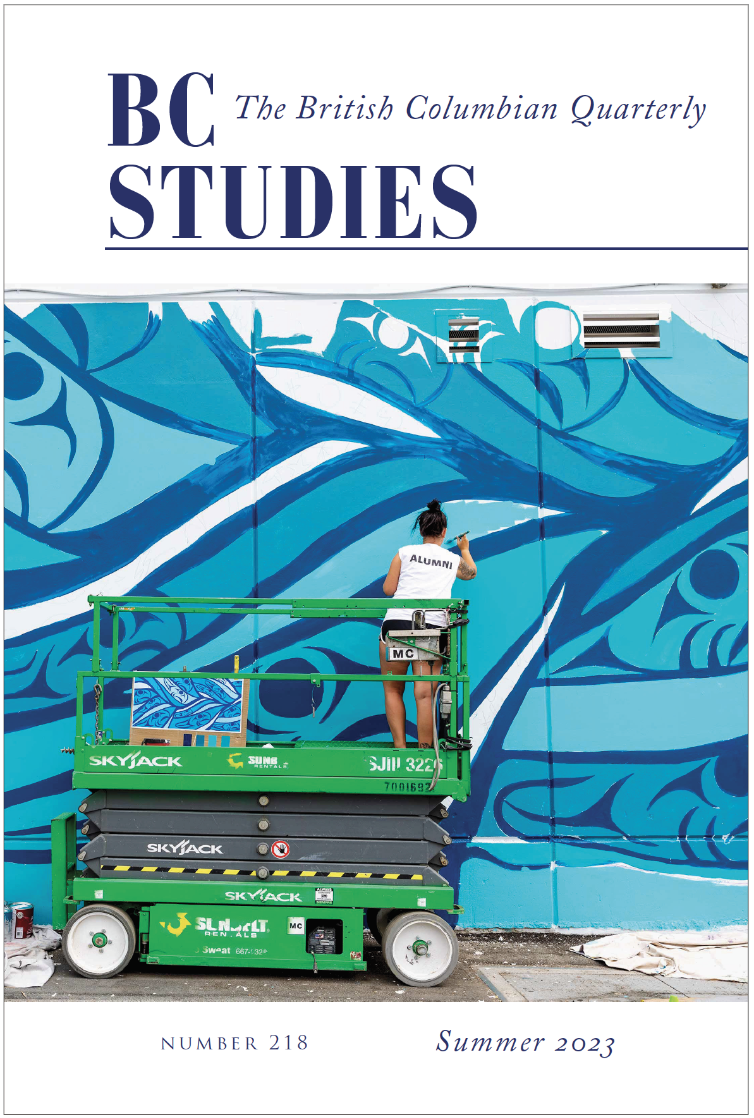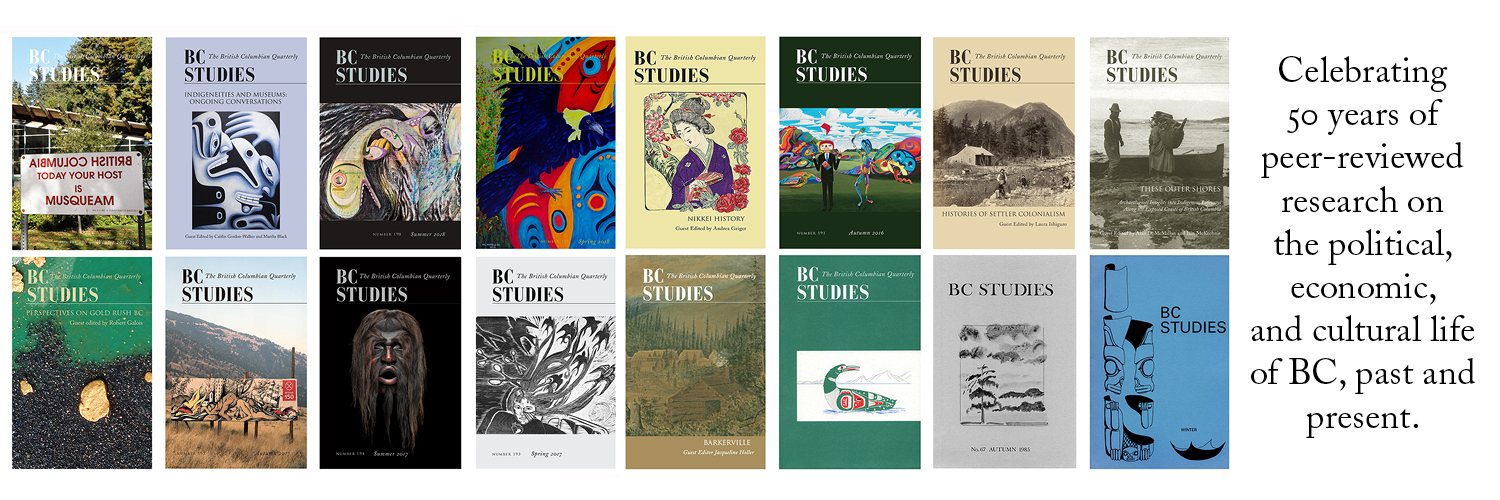Making Sense of the Drift
Feeding a Population with Farmland Protection Legislation in British Columbia
DOI:
https://doi.org/10.14288/bcs.no218.198408Keywords:
food security, agriculture, farmland protection, food sufficiency, food ethics, agricultural land commission, agricultural land reserve, farmland legislation, valuesAbstract
In 1973, the BC government passed the Land Commission Act, a unique piece of farmland protection legislation created during a world food crisis among long-standing provincial food sufficiency concerns. Created through the legislation were the Agricultural Land Reserve and the Agricultural Land Commission, which were both intended to encourage farming and food production in the province. Despite these aspirations, both policy instruments have long struggled to achieve these basic goals. This article argues that a key part of the solution to addressing this failure may be found by looking back at the first five formative years of the Agricultural Land Commission¢s work. During this time, they held a unique land ethic, acted in collaboration with the farming community, and worked with humility.[1] These formative ethics may be key to upholding the original and current intentions of the Land Commission Act, helpful in dealing with current farmland and food security crises, and ultimately core to stabilizing a secure food supply in British Columbia for future generations.
[1] In this article, we maintain the use of “their” in instances when referring to the original staff of the ALC (as a group of people) during the early 1970s. When referring to the ALC as an administrative body in general (and not specifically during the 1970s), or when referencing BC or Canada, the pronoun “it’s” is used.



